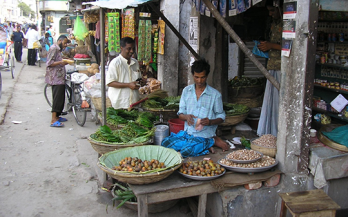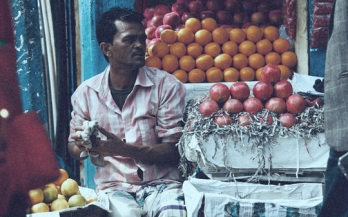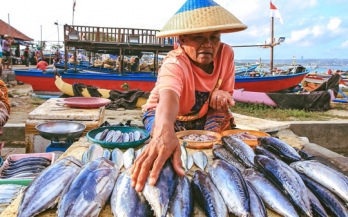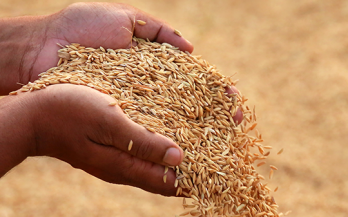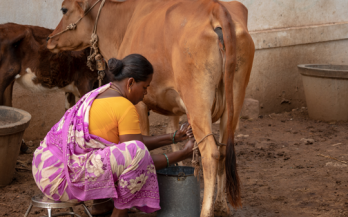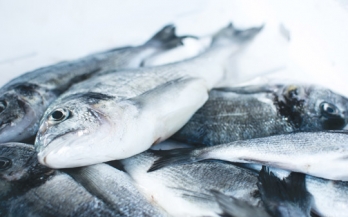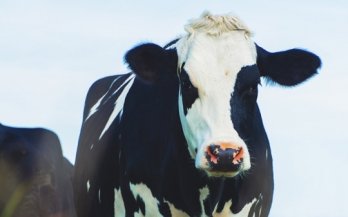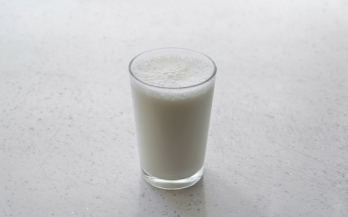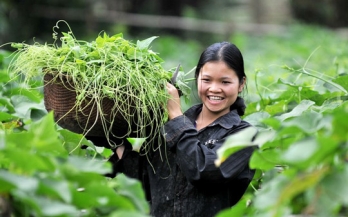Poor people in the global South eat diets with few nutrient-dense foods, putting children and adults alike at risk of malnutrition. Strategies to improve their diets will look different depending on whether current access to such foods is mostly via home production or via purchase and on whether poor families actually want to consume more of specific nutrient-dense food groups.
The COVID-19 pandemic is a multiplier of vulnerability, compounding threats to food security and nutrition (FSN), while exposing weaknesses in food systems. In response, the Global Alliance for Improved Nutrition (GAIN) developed the Keeping Food Markets Working (KFMW) programme to provide targeted support to help sustain core food systems, workers, and markets during the COVID-19 emergency.
Recognising that the problem of food loss in the fish value chain cannot be tackled in siloes and requires coordinated action, the Indonesia Postharvest Loss Alliance for Nutrition (I-PLAN) was created in 2018 to bring together the expertise and resources of the Global Alliance for Improved Nutrition (GAIN), the Ministry of Health, Ministry of Marine Affairs and Fisheries and a diverse range of business, academic and civil society organisations.
The Commercialisation of Biofortified Crops (CBC) Programme was launched in 2019 to address widespread hidden hunger in Africa and Asia by significantly expanding the reach of foods and food products made with biofortified staple crops.
GAIN seeks to understand and tackle barriers faced by small enterprises working to boost availability, affordability, desirability, and convenience of nutritious foods like milk, especially for people on low-incomes and population sub-groups who stand to benefit from greater consumption of nutrient-dense foods, such as children.
The global average supply of fish and seafood per person has more than doubled since the early 1960s, even as population has done the same. In many places, fish has become more affordable compared to other animal-source foods such as meat or poultry.
Ethiopia is experiencing a growing demand for dairy products, which can make a major contribution to the intake of essential nutrients in the population. However, as a developing country, a large part of the residents do not have access
to dairy products, primarily due to both limited financial resources and availability.
Zambia is experiencing a growing demand for dairy products, which can help to fulfill a key part of human nutrition requirements. However, many of the new dairy products on the market contain high quantities of sugar and low-quality ingredients, while intensive marketing campaigns lead the consumers to believe that the products are healthy because they contain milk.
Supporting small enterprises in the food system is central to improving access to safe and nutritious foods in low- and middle-income countries (LMICs) - and therefore to improving nutrition. However, the ways in which such enterprises are supported can have important implications for achieving other social goals, such as gender equity and women’s empowerment.
Starting a business is challenging - particularly in the agriculture and food sector in a low- or middle-income country, and particularly for women, who face numerous barriers to starting and running a firm. Business networks can play an important role in helping women (and men) navigate these challenges by providing them with access to information, contacts, and resources.
